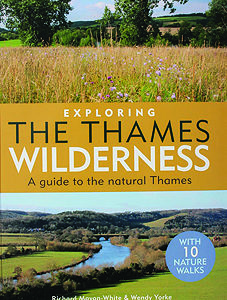What do the English actually mean?
Millions of people all over the world speak and use English on a daily basis, yet there are many hidden rules, cultural nuances and historic references that confuse the international visitor when they arrive in this country.
Spoken English is one of those indirect languages were you need to read between the lines to understand what is actually being meant by the speaker. It is called high context.
The Brits use many phrases and figures of speech that completely baffle the visitor, leading to confusion, lose of face and misinterpretation. One of the many benefits of having Cross Cultural Training is to avoid these embarrassing problems, so you can transition smoothly into the new cultural context from your own country of origin.
Although born in England, I have just returned to live here after 14 years in Australia and I still have to translate what some people mean by the words they use, and the plethora of words used to say something very simple!
For example, a friend said to me: “To be honest, I think when all things are taken into account, when all is said and done, I agree with you”. I couldn’t understand why they didn’t just say “Yes” or “I agree”.
An Australian friend of mine went to a wedding recently and had to ask me what was meant when someone told her that “we were in a real flap because it was chucking it down before the guests arrived”!?
A word my Aussie mates find hard is “jumper” – not thinking there are kangaroos in England!
I take my overseas friends out to eat and they have to ask me what “Toad In the Hole”, “Bubble and Squeak” or even “Bangers and Mash” might be. Let alone expect to drink something called “Bitter” served warm rather than iced, or that English people might actually eat “chip butties!”
“Spending a penny”; “having sloping shoulders”; or “being a snake in the grass” totally confuses international people and suggests that the native speakers are “off their trolley”, “tough nuts to crack”, “barking”, “daft” or simply speaking complete “tosh”?
Of course, if you’ve got the “bottle” to “push the envelope” you might be “on a roll” and not be alarmed by people accelerating over the “sleeping policeman” or catching “the Drain to work”!
If you are still “all at sea” with these examples of common English terms and expressions, please “grasp the nettle” and contact me now for a full explanation!
I’d love to hear from you
Feel free to get in touch via this website form or alternatively you can email me directly at:
or call me on:
07831 930786


